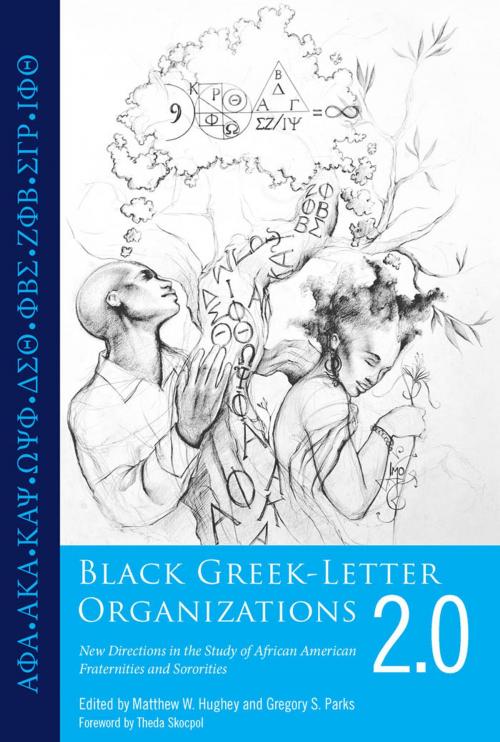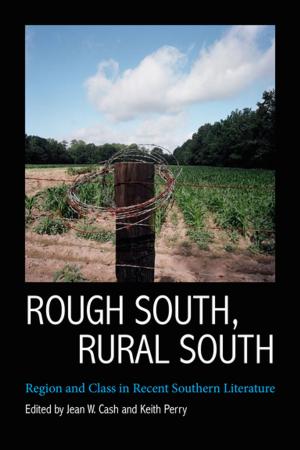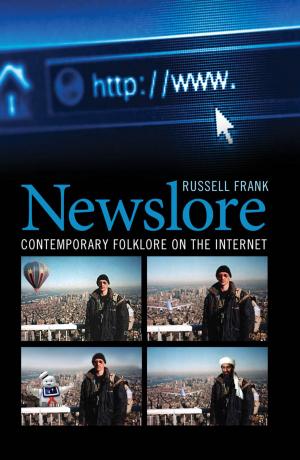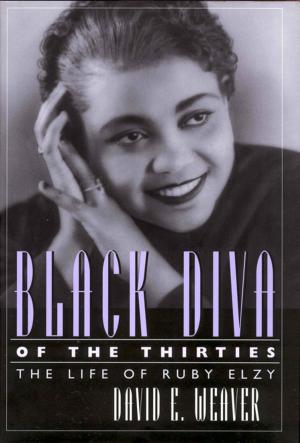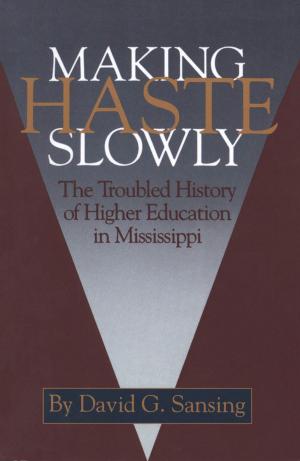Black Greek-Letter Organizations 2.0
New Directions in the Study of African American Fraternities and Sororities
Nonfiction, Social & Cultural Studies, Social Science, Cultural Studies, African-American Studies, Sociology| Author: | ISBN: | 9781604739220 | |
| Publisher: | University Press of Mississippi | Publication: | February 18, 2011 |
| Imprint: | University Press of Mississippi | Language: | English |
| Author: | |
| ISBN: | 9781604739220 |
| Publisher: | University Press of Mississippi |
| Publication: | February 18, 2011 |
| Imprint: | University Press of Mississippi |
| Language: | English |
At the turn of the twentieth century, black fraternities and sororities, also known as Black Greek-Letter Organizations (BGLOs), were an integral part of what W.E.B. Du Bois called the "talented tenth." This was the top ten percent of the black community that would serve as a cadre of educated, upper-class, motivated individuals who acquired the professional credentials, skills, and capital to assist the race to attain socio-economic parity. Today, however, BGLOs struggle to find their place and direction in a world drastically different from the one that witnessed their genesis.
In recent years, there has been a growing body of scholarship on BGLOs. This collection of essays seeks to push those who think about BGLOs to engage in more critically and empirically based analysis. This book also seeks to move BGLO members and those who work with them beyond conclusions based on hunches, conventional wisdom, intuition, and personal experience. In addition to a rich range of scholars, this volume includes a kind of call and response feature between scholars and prominent members of the BGLO community.
At the turn of the twentieth century, black fraternities and sororities, also known as Black Greek-Letter Organizations (BGLOs), were an integral part of what W.E.B. Du Bois called the "talented tenth." This was the top ten percent of the black community that would serve as a cadre of educated, upper-class, motivated individuals who acquired the professional credentials, skills, and capital to assist the race to attain socio-economic parity. Today, however, BGLOs struggle to find their place and direction in a world drastically different from the one that witnessed their genesis.
In recent years, there has been a growing body of scholarship on BGLOs. This collection of essays seeks to push those who think about BGLOs to engage in more critically and empirically based analysis. This book also seeks to move BGLO members and those who work with them beyond conclusions based on hunches, conventional wisdom, intuition, and personal experience. In addition to a rich range of scholars, this volume includes a kind of call and response feature between scholars and prominent members of the BGLO community.
